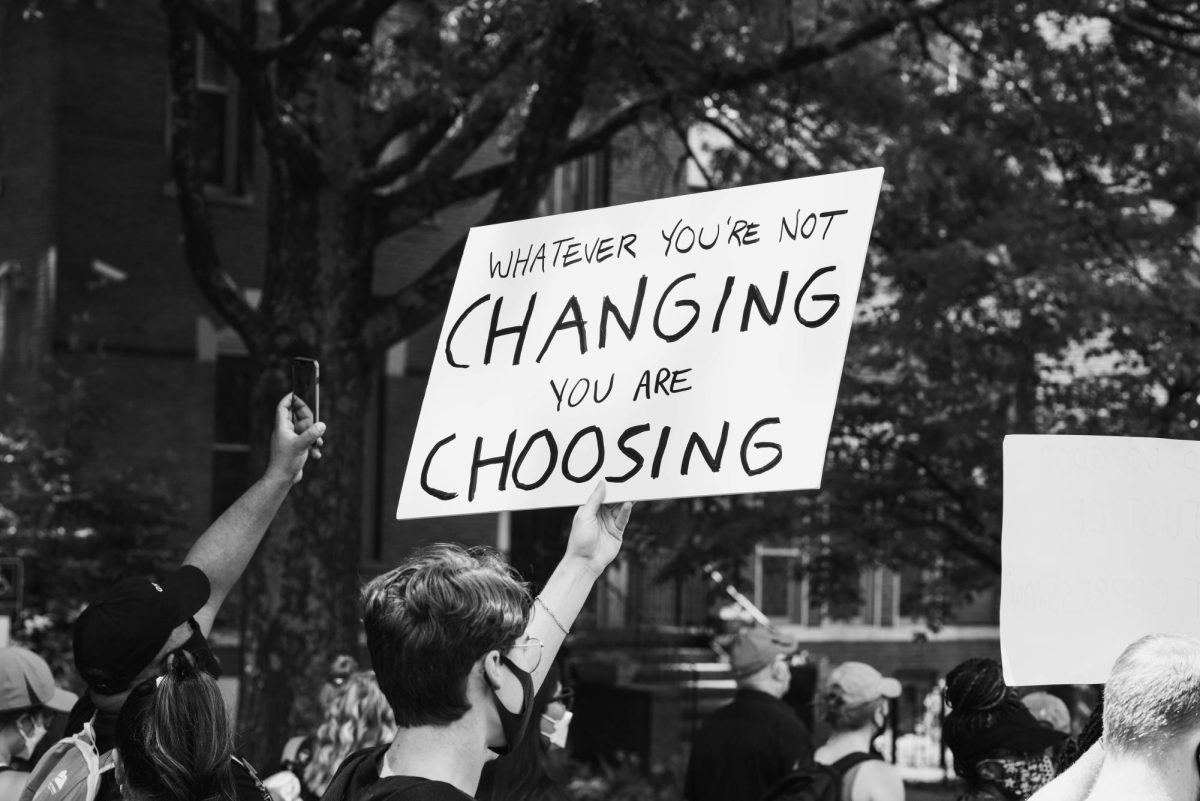DOJ targets Apple and publishers for e-book price fixing
March 9, 2012
NEW YORK — Apple and five large book publishers could be hit with a lawsuit over allegedly teaming up to raise the price of e-books, according a report Thursday.
The U.S. Justice Department has warned Apple, along with Simon & Schuster, Hachette Book Group, Penguin Group, Macmillan and HarperCollins, that it plans to sue them for antitrust violations, according to the Wall Street Journal, which cited unnamed sources familiar with the inquiry.
The six companies allegedly colluded in 2010 to force Amazon to raise its discounted e-book prices.
Three of the book publishers — HarperCollins, Hachette and Penguin — declined to comment. Representatives for the Justice Department and the other companies named in the report did not immediately respond to requests for comment.
Similar accusations of collusion have come up before. As Fortune reported, a lawsuit filed in California District Court last summer first alleged a conspiracy: Booksellers were “terrified” by the discounted e-book price structure Amazon launched in 2007, when it sold many titles for $9.99.
The spooked publishers went to Apple in 2010, the suit alleges, to find a way to force Amazon to raise its prices. The European Commission launched its own investigation, which seems to hinge on the same theory, in December.
The pressure worked. With the entire publishing industry pushing to set prices themselves, Amazon backed down in 2010 and allowed e-book prices to rise.
It still has regular skirmishes with publishers over rates it considers too high. Last month, Amazon yanked distributor IPG’s digital books from its Kindle store after a dispute over terms of their contract.
Amazon, too, has come under fire for dancing on the legal lines around e-book pricing.
Amazon and Apple both strike deals with publishers that forbid them from offering other retailers deeper discounts. Those agreements, dubbed “most favored nation” clauses, aren’t straight-out illegal under antitrust laws — but they’re also not always legal.
Back in 2010, Connecticut Attorney General Richard Blumenthal publicly called on both companies to meet with him and “address concerns” about the deals.






